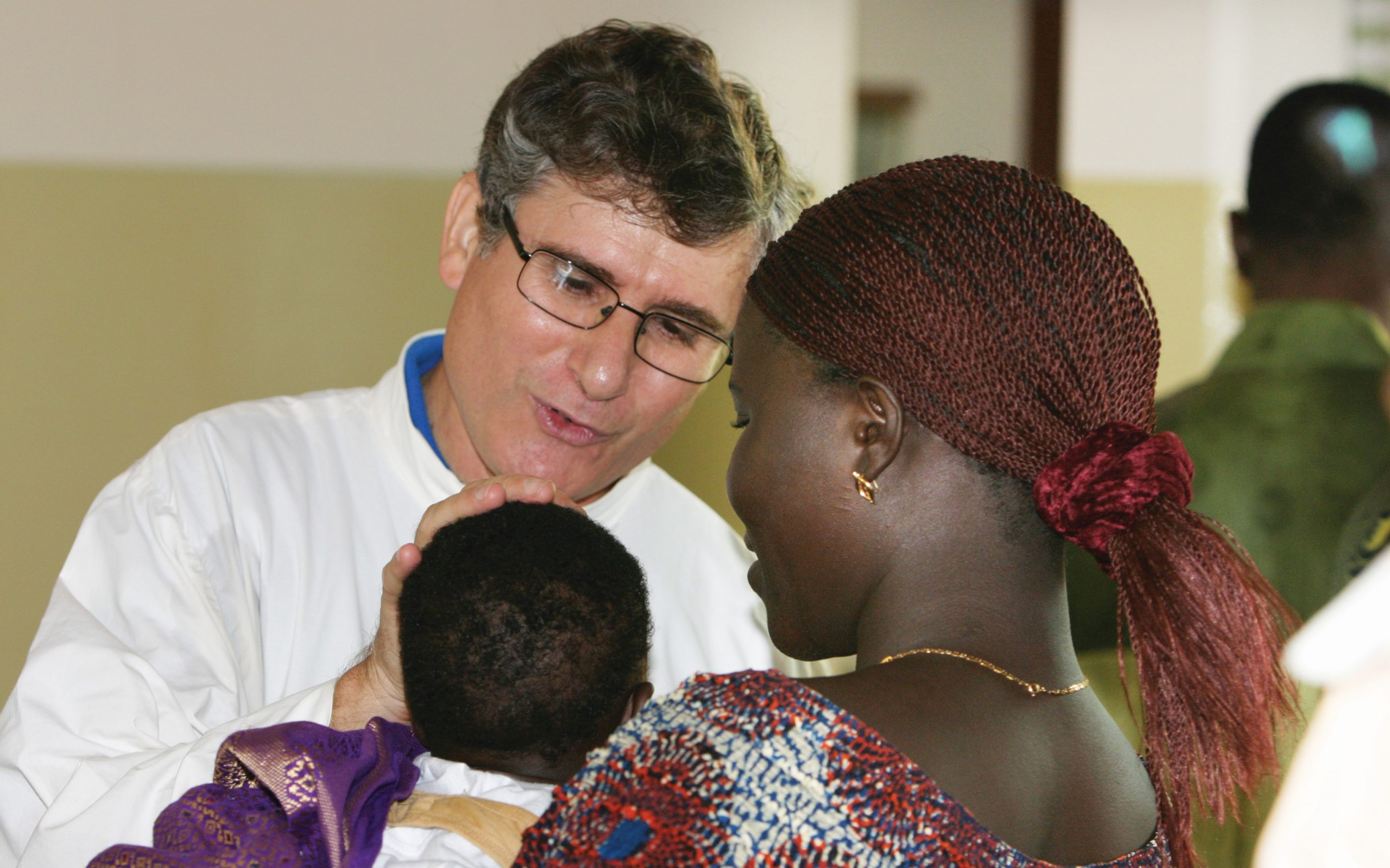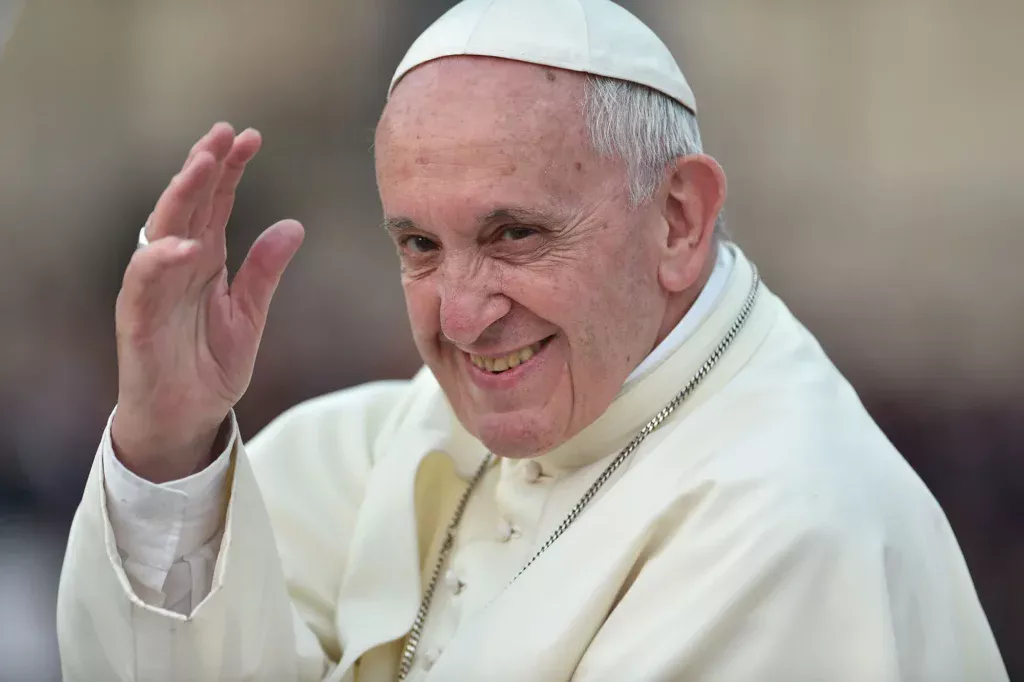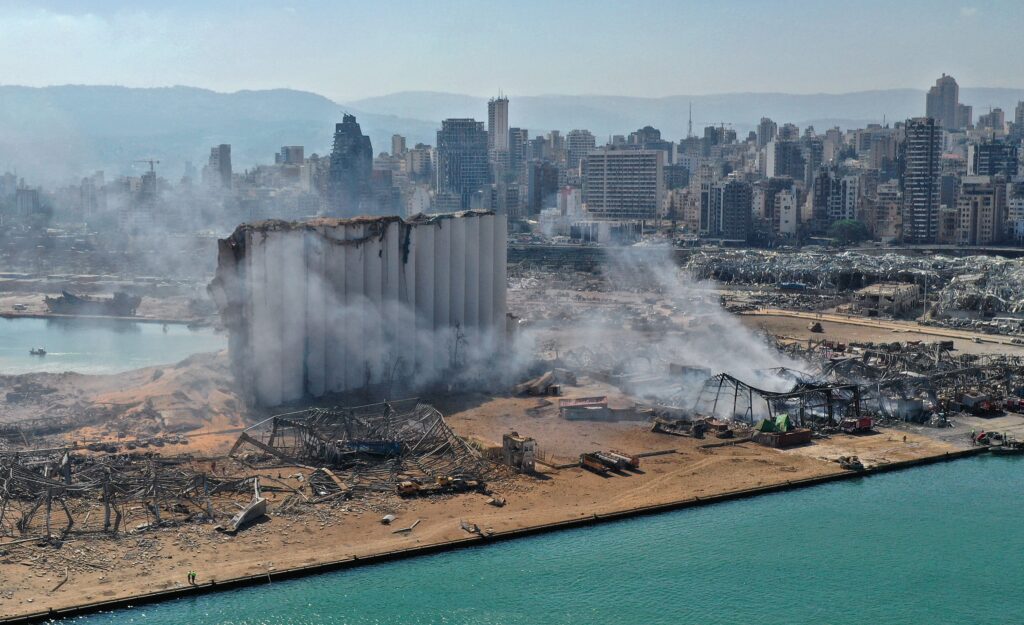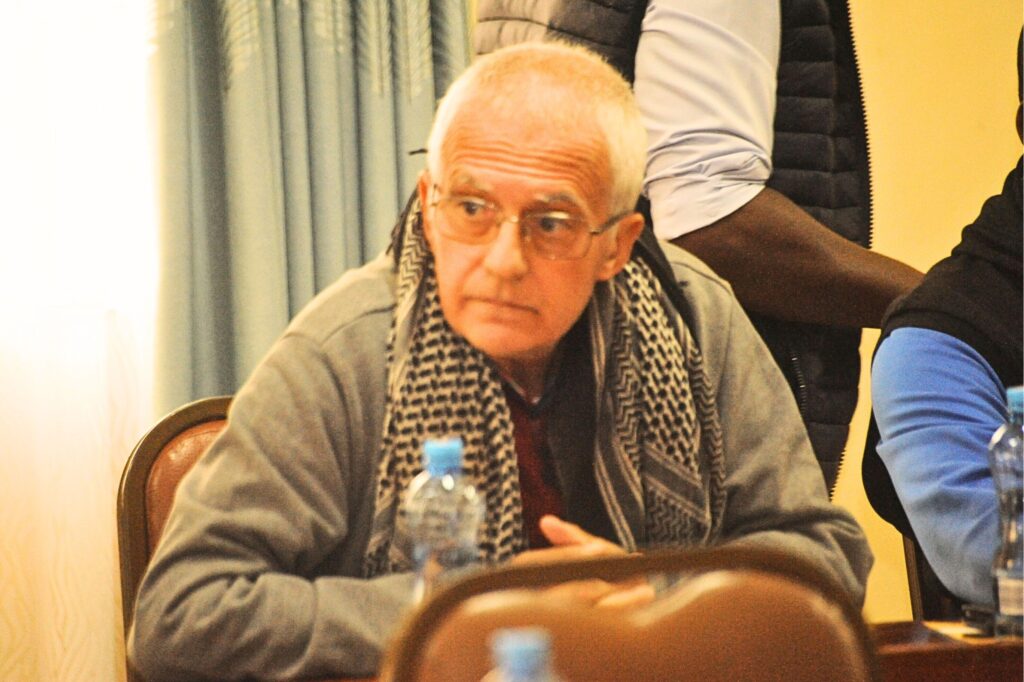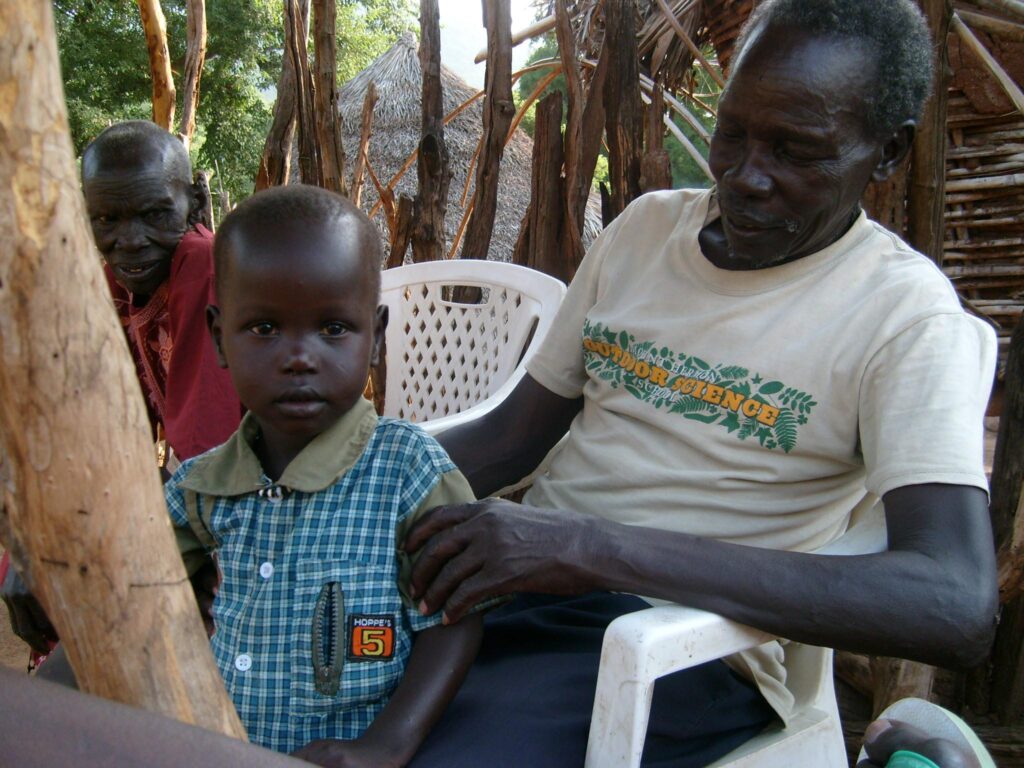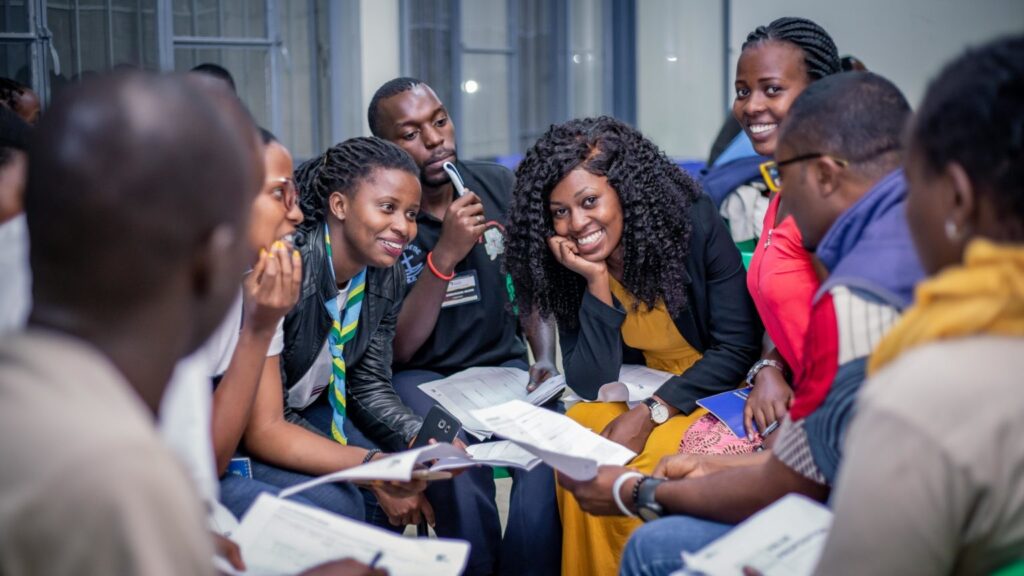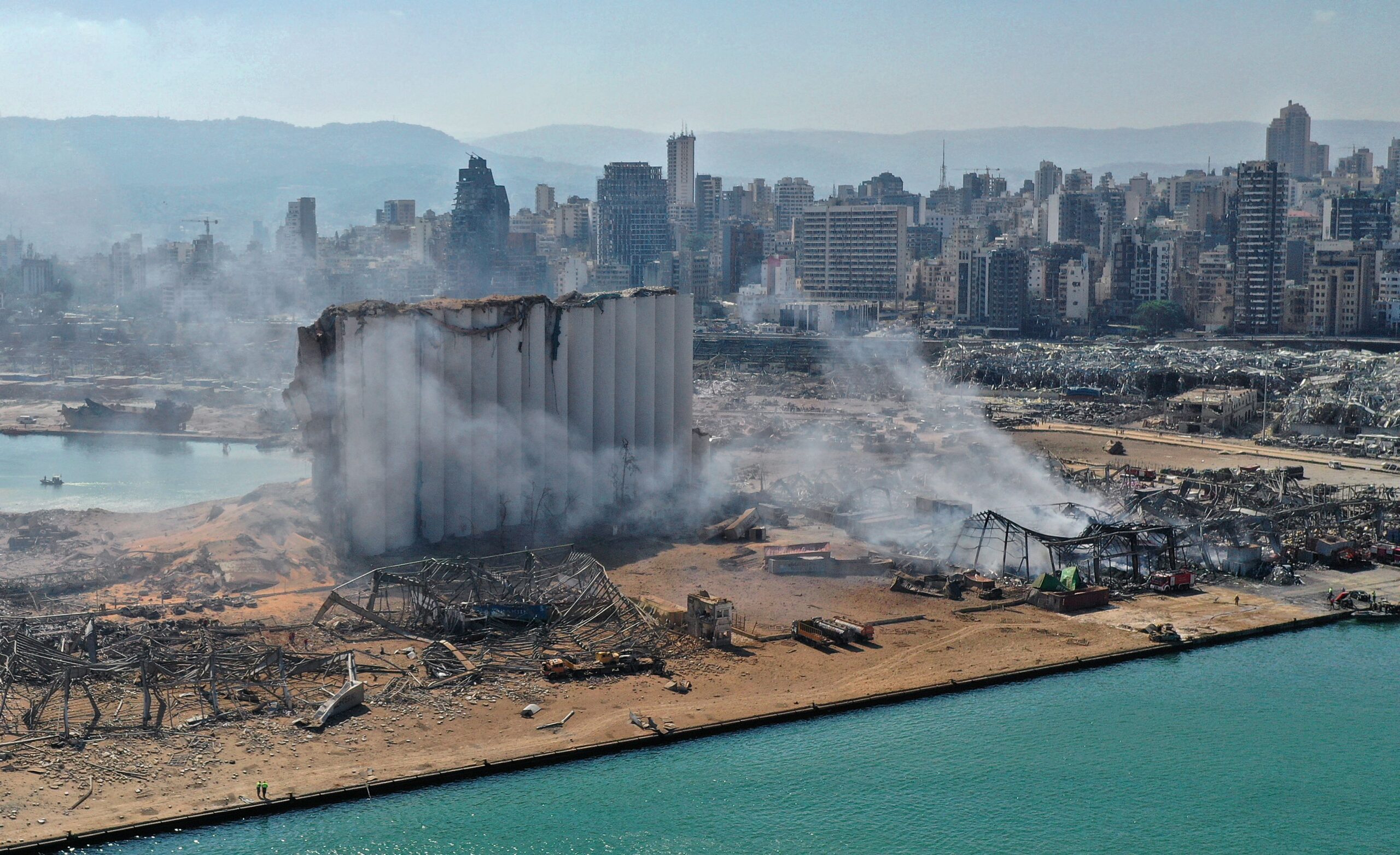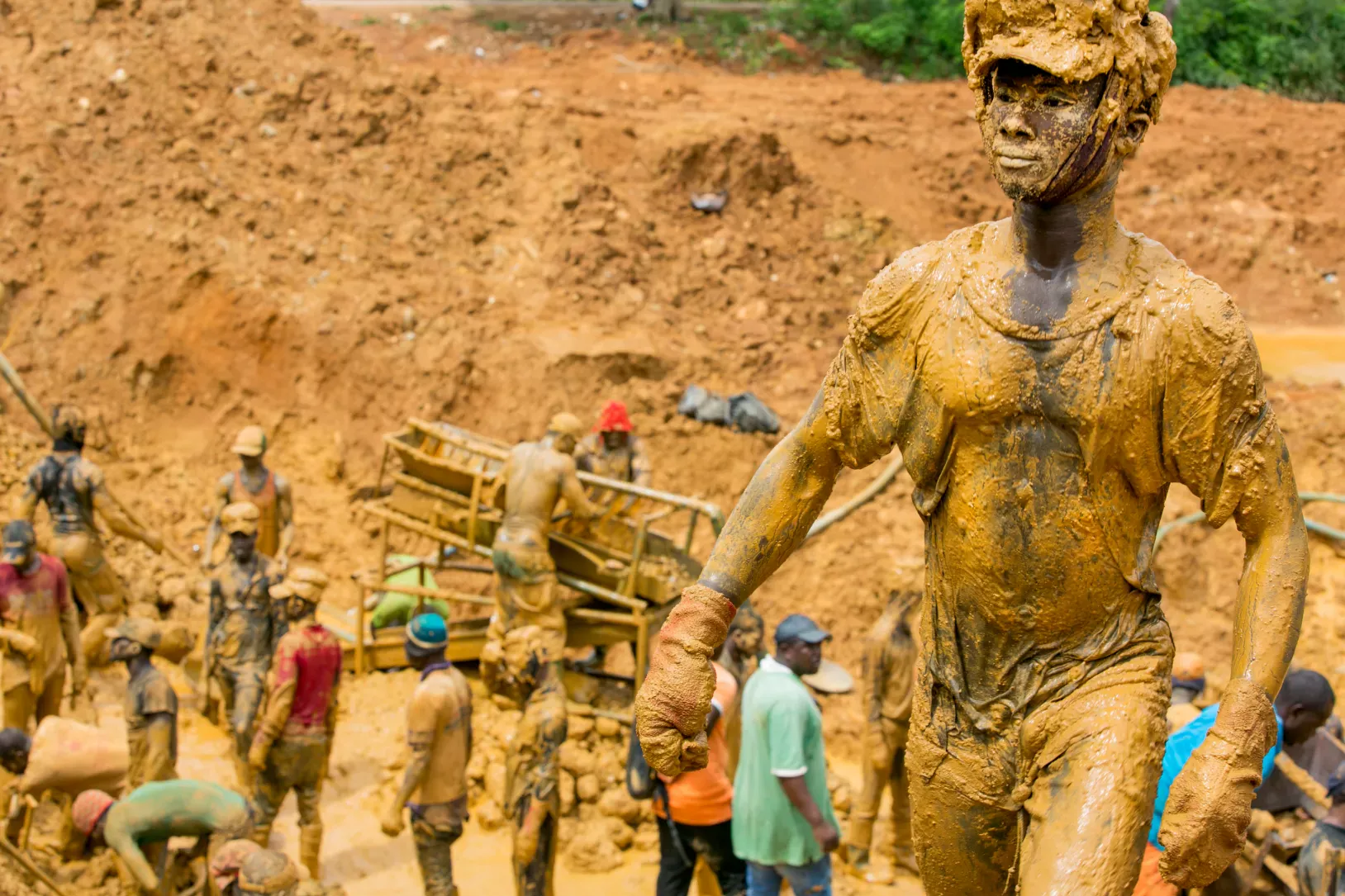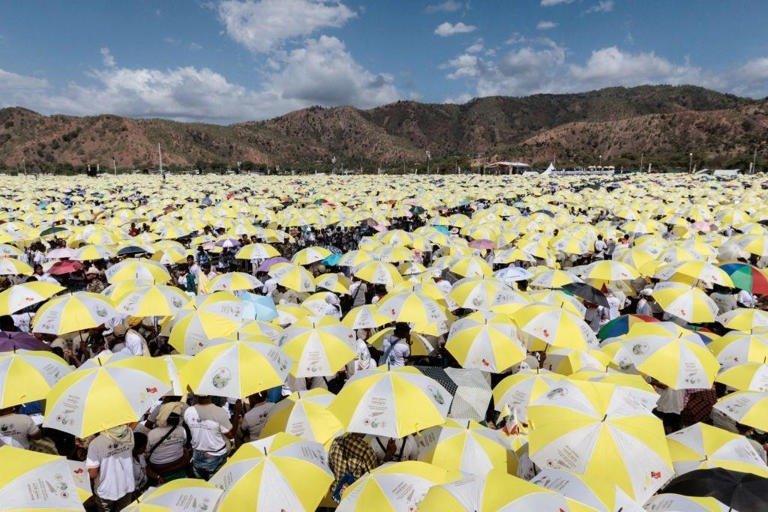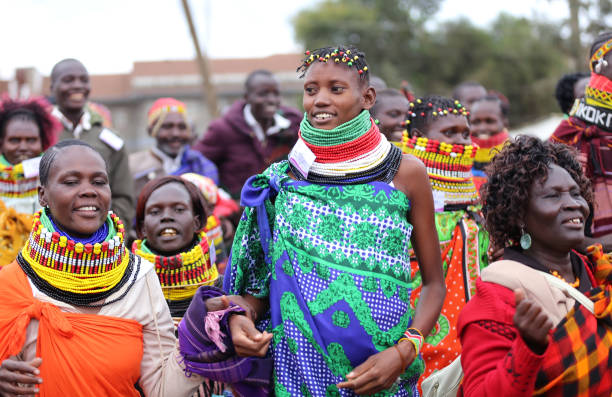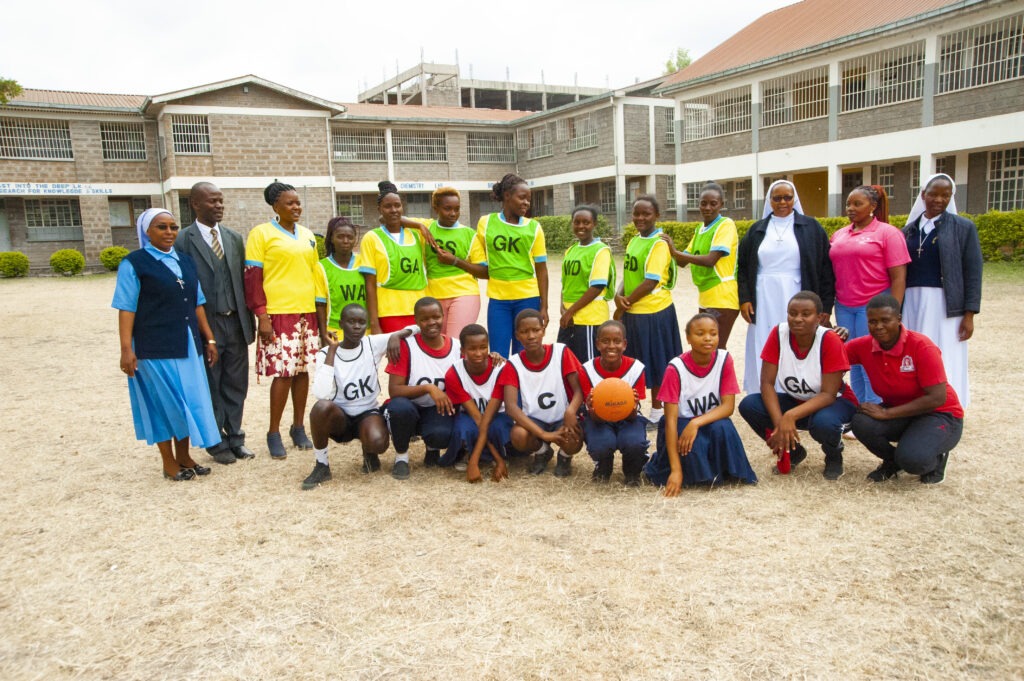In his encyclical Fratelli tutti, Pope Francis presents a devastating challenge to our ecological, political, economic and social life. Above all, he offers the proclamation of an ineradicable, joyful truth, presented as a well-spring for a fatigued world. He does this in the hope of impelling a kind of revolution, a change of dynamics that will lead to action towards the common good.
By Stefano Giudici, Mccj
I will say nothing new if I say that we live in troubled days, full of uncertainties. So much so that Pope Francis, in his last encyclical letter Fratelli tutti, titled the first chapter “Dark clouds over a closed world”, and explicitly speaks of “shattered dreams”. One of the ways, he writes, in which the dominant ideology keeps its power over the people is through disseminating despair and discouragement (15) and destroying self-esteem (52). Maintaining a dark narrative of emergencies and catastrophes is functional to the capitalistic and nationalistic system, which is based on unequal power and fear.
The leaders in power make us believe that there is no change except through them, who have to be trusted blindly and totally. It is a strategy, which rob people of their capacity of thinking and acting. That is why Pope Francis exhorts us “not to expect everything from those who govern us, for that would be childish” (77). To keep the world as a child was a strong critique addressed to the Church by the great theologian Yves Congar, just before the Second Vatican Council.
 American writer Rebecca Solnit says that hope has its foundations in the uncertainty of tomorrow. Precisely because we do not know how the future will be, we have a space to act and ‘create’ it. Uncertainties, for some, are paralysing. For others, they are a stimulus to act. For us Christians, the reason for the choice, once again, should come from looking at Jesus and his action. He trusted “in the best of the human spirit”, Francis reminds us in Fratelli tutti (71). Even in the darkest moments, when the sense of abandonment and incomprehension was overwhelming, Jesus chose to believe in the good spirit of the people, including those who were betraying him and crucifying him.
American writer Rebecca Solnit says that hope has its foundations in the uncertainty of tomorrow. Precisely because we do not know how the future will be, we have a space to act and ‘create’ it. Uncertainties, for some, are paralysing. For others, they are a stimulus to act. For us Christians, the reason for the choice, once again, should come from looking at Jesus and his action. He trusted “in the best of the human spirit”, Francis reminds us in Fratelli tutti (71). Even in the darkest moments, when the sense of abandonment and incomprehension was overwhelming, Jesus chose to believe in the good spirit of the people, including those who were betraying him and crucifying him.
The dominant system, through its leaders, keeps repeating that we cannot change anything, that it is useless even trying, and that the best we can do is to think of ourselves, limiting suffering and loss as much as we can. It slowly weakens our will and faith, and induces us to pass to the other side of the road every time we meet a victim of the robbers. This attitude reveals a cynicism that is both resignation and sense of protection.
The task of each Christian, on the contrary, is to nurture an alternative way of thinking, seeing and interpreting reality. As Christians, we do not deny the difficulties of today, the uncertainties of tomorrow, and the complexity of our human and non-human relationships. Nevertheless, we claim our right and our space to hope that reality may and must be different. We take up the challenge of an alternative way of looking at the world and living in it. “They live here on earth, but they are citizens of heaven”, as it was said of Christians already in the II Century. Imagining a different world is much more powerful than complaining about the present one, and it is what the dominant leaders fear most, because we become autonomous from their power, we end subordination, and we defeat fear. We make ourselves “one small republic of unconquered spirit” (Solnit). As the Kenyan activist, Juliet Wanjiru Wanjira, courageously shouted on Saba Saba Day (7th July 2020): “When we lose our fear, they lose their power”.

